Aside from fading, one way or another, there's water, mold, scratching, warping and I don't know all of the potential analog issues that could degrade or totally destroy a slide.
Vuescan is indeed the best software I have ever used. It beats everything that came with any scanner I own.
Our price at my lab starts at $1.49 each scan (2000 res). Goes down to 65 cents each over 1000 slides.
$4.95 get them on cd, data dvd, usb (yours) ($12.95 ours) or dropbox.
We use a high end Noritsu 1800 series scanner.
Do it yourself.....well, how much time do you have? Costco or Walgreens have TERRIBLE scans but are cheap.
What does 2000 dpi mean in pixels. I suppose I could do the math but I'm lazy and I know you already have the answer?

As I mentioned, I've done my own for years and sending something out is faster, better and more efficient. Sure I make my own ravioli and cook bread and some other things, but I'm convinced that sending out slides is the best answer. I can understand that if someone has their own high quality device, there might be some advantage to fine work and specific adjustments, but in general, preservation, I'm thinking, next time, I'll be contacting you about your lab.
Here's a slide duplicator that uses a digital camera, and works. I'd think most of us already own a digital camera?
On a modern camera you would have whatever the camera makes for photos.
Example, easy slide copying if you have a stand. Many old enlarger stands are also camera stands. I just happened to have an old copy stand and a flat panel LED light. You want to mask off the light, so only the slide is showing, this is a rough example. The LED light is not able to dim, so I slipped in a piece of Plexiglass for a diffuser and to take the brightness down.
Made this: 3456 x 5184 Pixels (17.92 MPixels) (2:3) - websize below.
and 100% no edit 1961 slide, Kodak Retina II rangefinder, by a kid who hardly knew anything about photography.



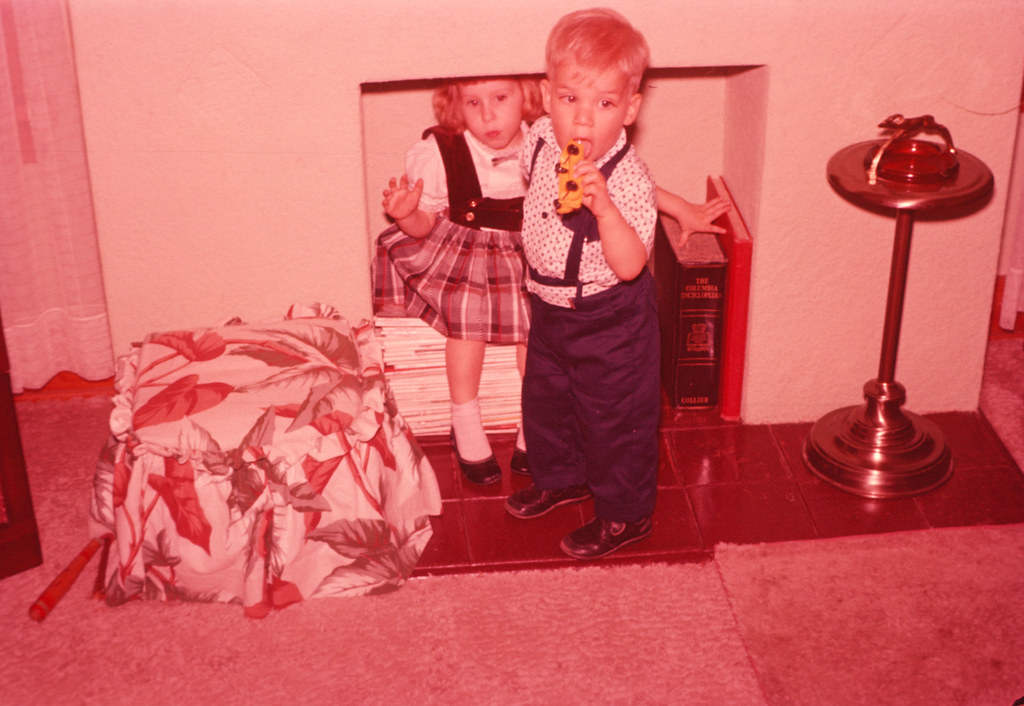


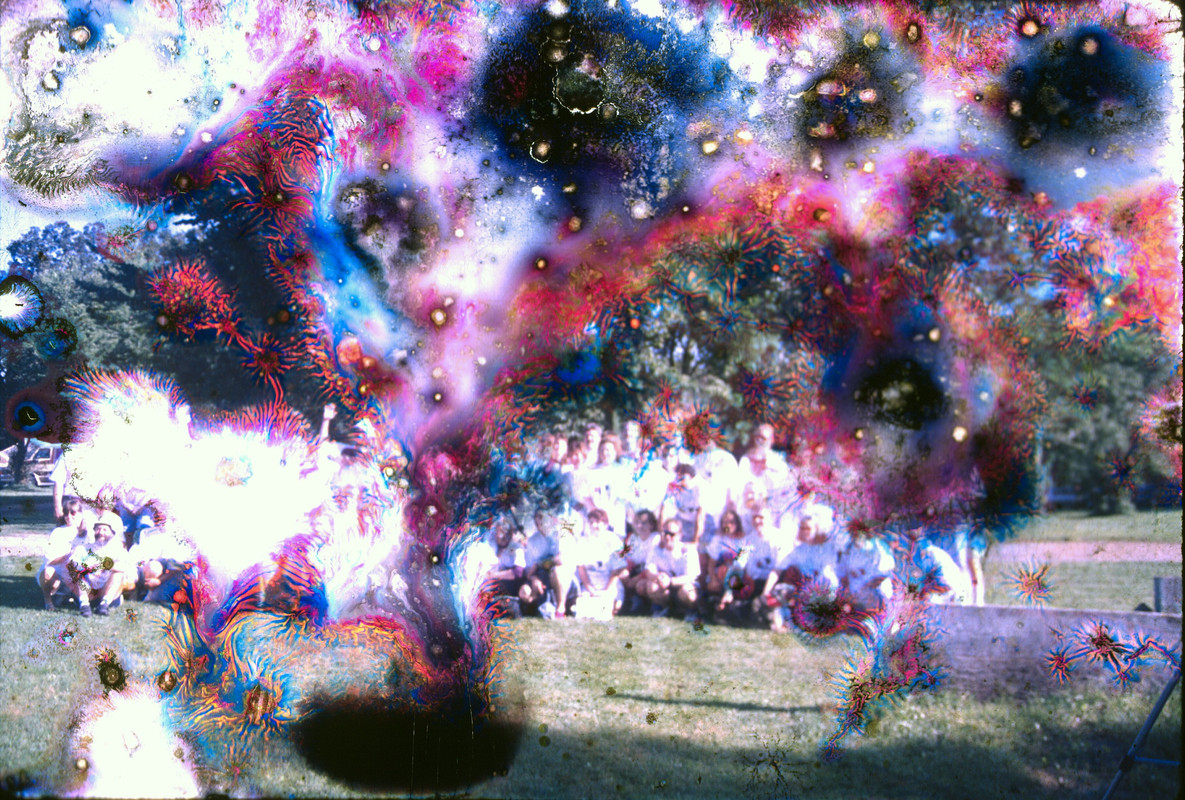
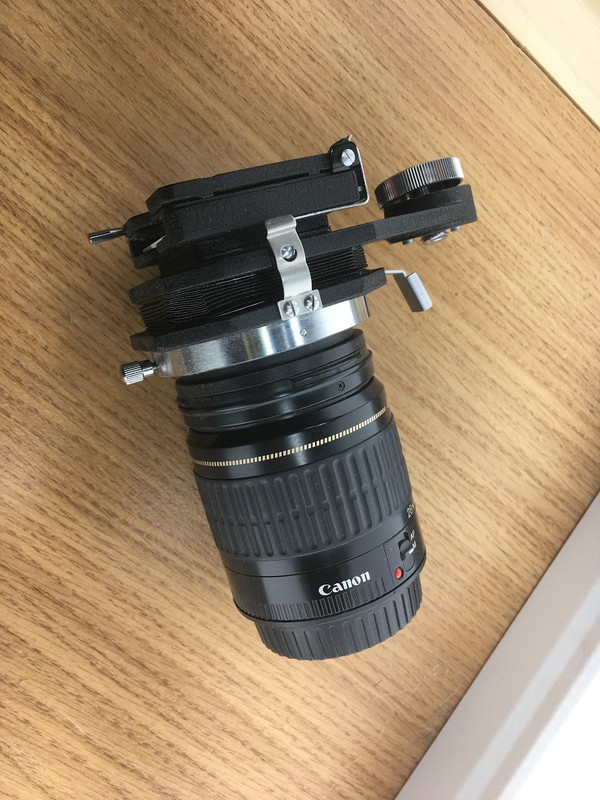
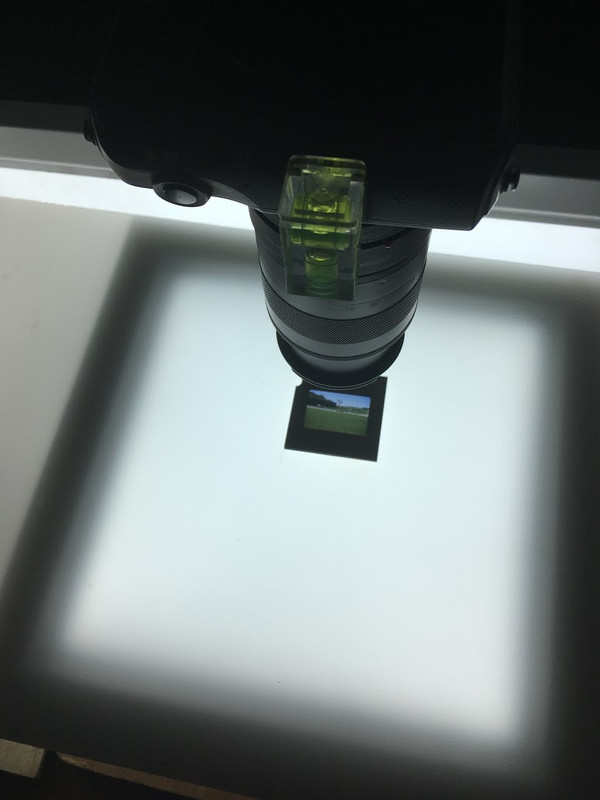
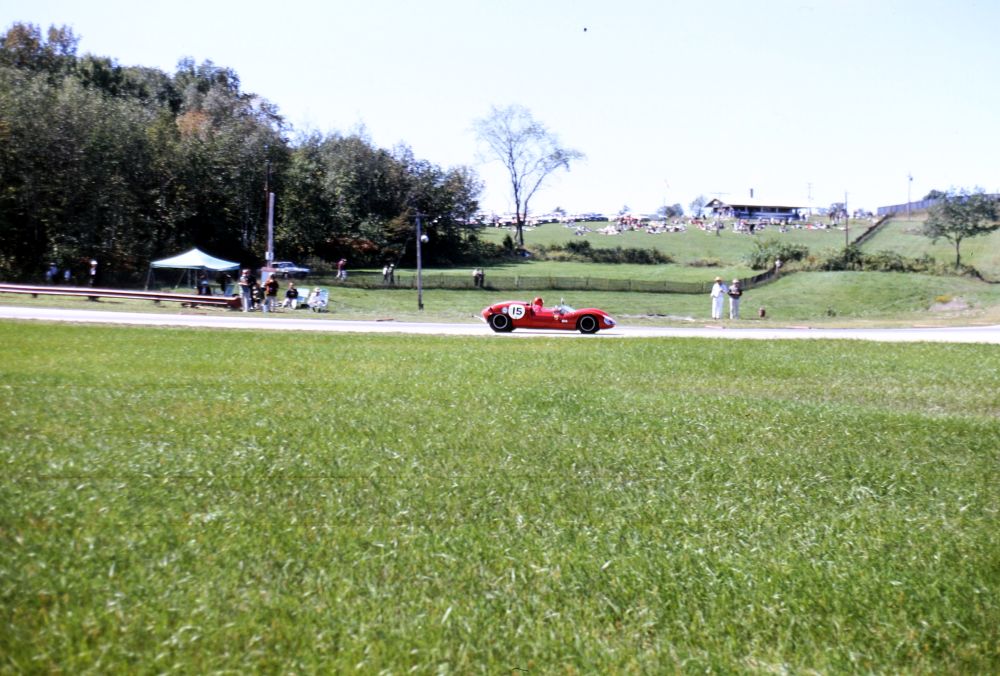

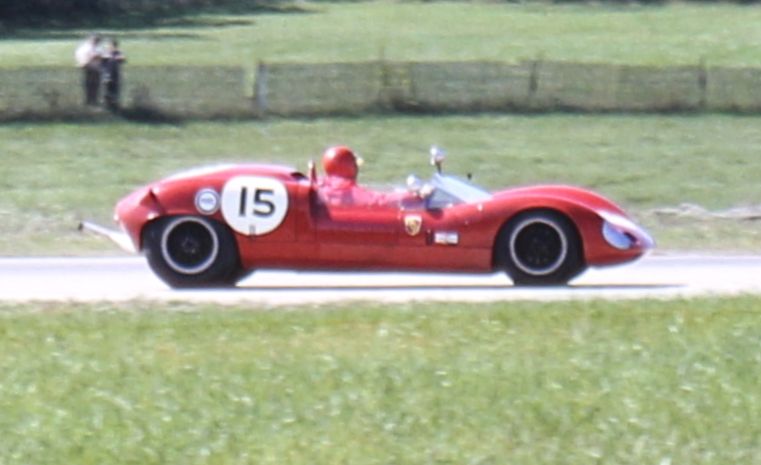



![[No title]](/data/xfmg/thumbnail/31/31977-2b717e032201241cbeae8226af23eba4.jpg?1734160754)







